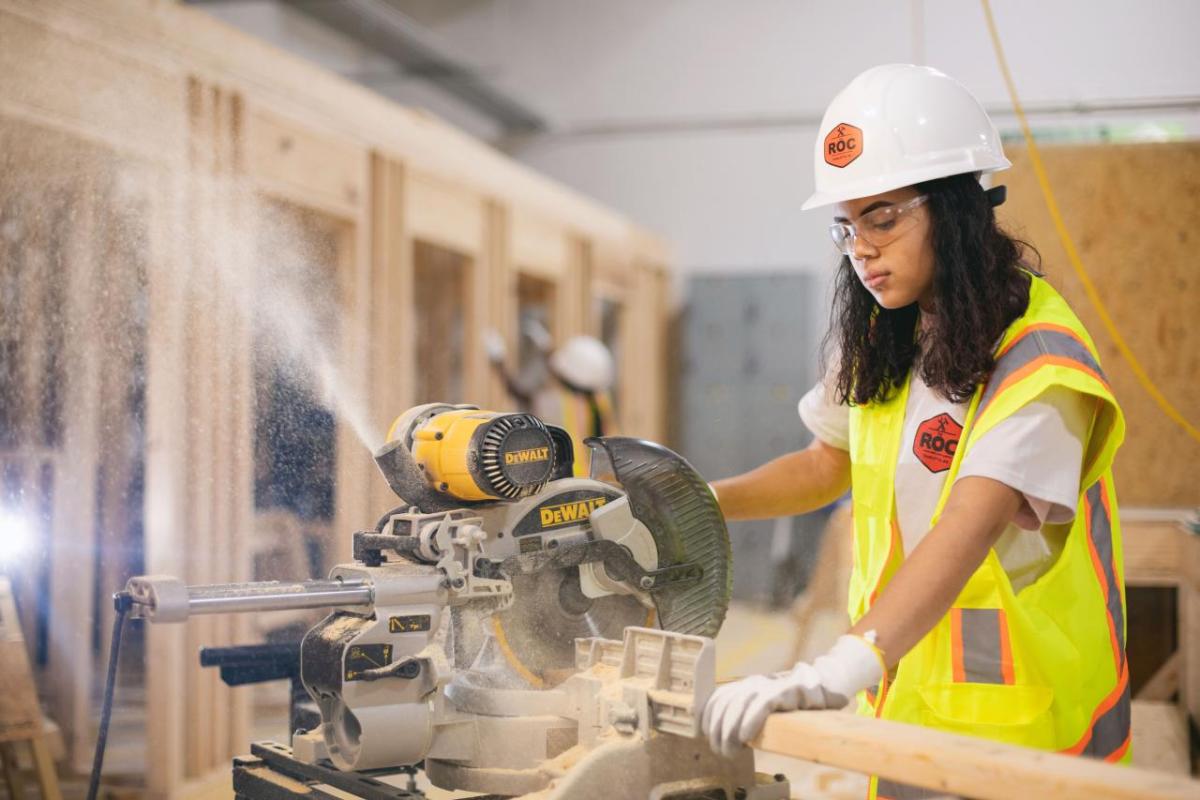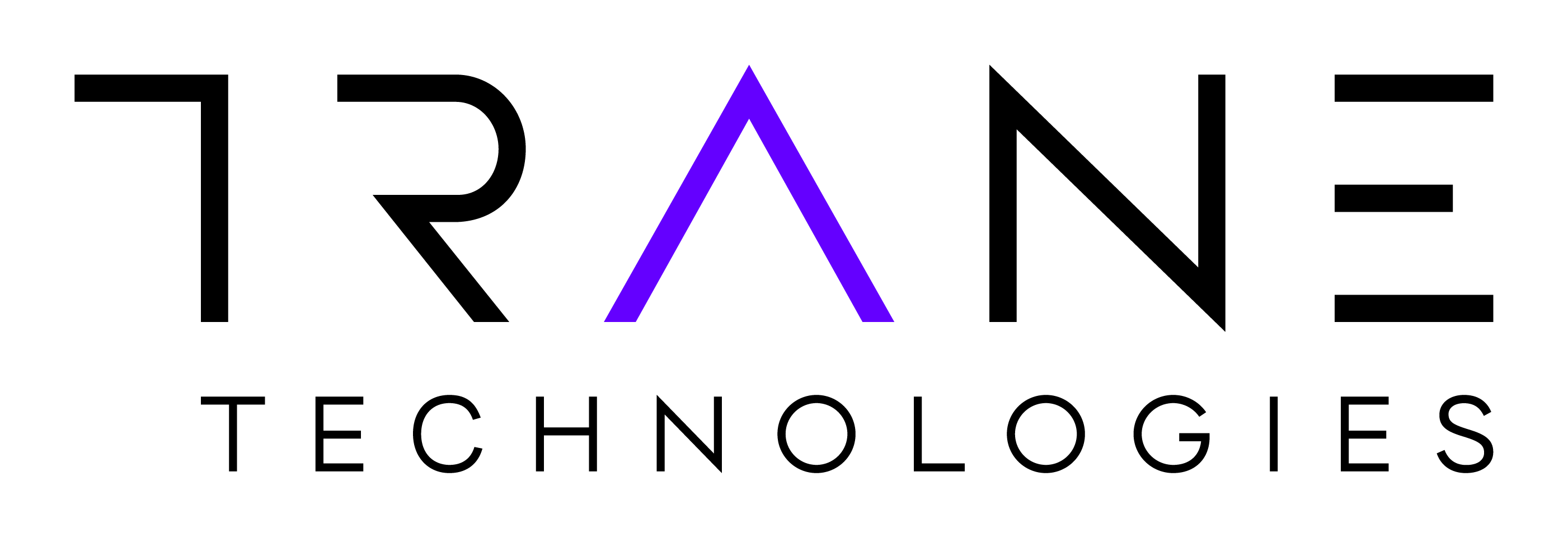Giving Back, Looking Forward: Trane Technologies and the ROC
We’re building a diverse workforce for the future by investing in the next generation.

This article is authored by Deidra Parrish Williams, Global Corporate Citizenship Leader, Trane Technologies.
At Trane Technologies, our vision of a sustainable future also includes having an uplifting and positive impact on people and society.
We’re committed to developing the next generation of leaders who can transform our way of life and our world. And as a global climate innovator, our enterprise can leverage its particular strengths and resources to support that development.
The goal is to use all of those natural assets – our intelligence, our products, our resources, our dollars, and our time, in ways that create opportunity for people aligned with our industry. Especially, for those who are underrepresented.
Partnering for opportunity
To reach those corners of our community, Trane Technologies works collaboratively with nonprofit partners in the field. These vetted organizations are doing the work, creating educational resources and opportunities and career path opportunities aligned with our mission.
A new partner in that regard is the ROC, a Charlotte, North Carolina-based nonprofit that works with Charlotte-Mecklenburg Schools, Central Piedmont Community College, and area companies to offer college-level industry trade classes, job-readiness training and hands-on internships to 200 high school students across six schools.
Trane Technologies recently invested in the ROC with training equipment and HVAC technician training, and internship placement opportunities are planned for later this year.
Hands-on training with hands-on support
“We take those internships very seriously,” says ROC executive director Darren Ash. “We put our students in the field and on a job site. We help them feel useful. We pair them with a mentor. And what we’re seeing is that if companies commit to a person at that age, there’s a 70% probability that the student will stick with that company.”
Part of their work is recognizing and removing the barriers that make it more challenging for young workers to stay committed. Last year, the ROC spent nearly $40,000 on rideshare rentals for the 65 students placed in summer internships. “It’s a lot of demand on a young person to perform,” Darren explains. “Some of them have to be at their job site at 5:00 in the morning.” As mentors and partners, he adds, “You have to honor that effort.”
Similarly, the ROC looks for partnerships with companies that are committed. “We’re very strategic,” says Darren. “We are looking for partners that are taking workforce development very seriously in this industry. We have decided that we want to go a mile deep and an inch wide.”
While Trane Technologies has partnered with other organizations like the Urban League for HVAC training and last year launched its own HVAC Technician Apprenticeship Program, the ROC is different because the participants are younger.
There’s so much to gain by having these conversations with people earlier. We’re talking about people who often live in the margins, who might lack access to information and to resources. That can delay their ability to build a self-sustaining, gratifying life because they don’t necessarily know where the resources are. We want to help create better opportunities for people earlier on.
Giving back is looking forward
The students working within the ROC program benefit from the early exposure. All attend Title I high schools and come from communities that are historically marginalized and underrepresented within the industry. But Trane Technologies’ investment is neither transactional nor entirely altruistic.
When we think about giving back, it’s not that we’re giving to something that’s separate from us. We are the community. As a company, we’re a resident of the community everywhere we live and employ people.
Investing in workforce development is an investment in the enterprise, too. By helping to fill educational gaps and creating opportunities for those who may not have had exposure to the industry, it’s helping to shore up our communities, and at the same time, it’s helping to make sure that we are fortifying our own future as an employer.

